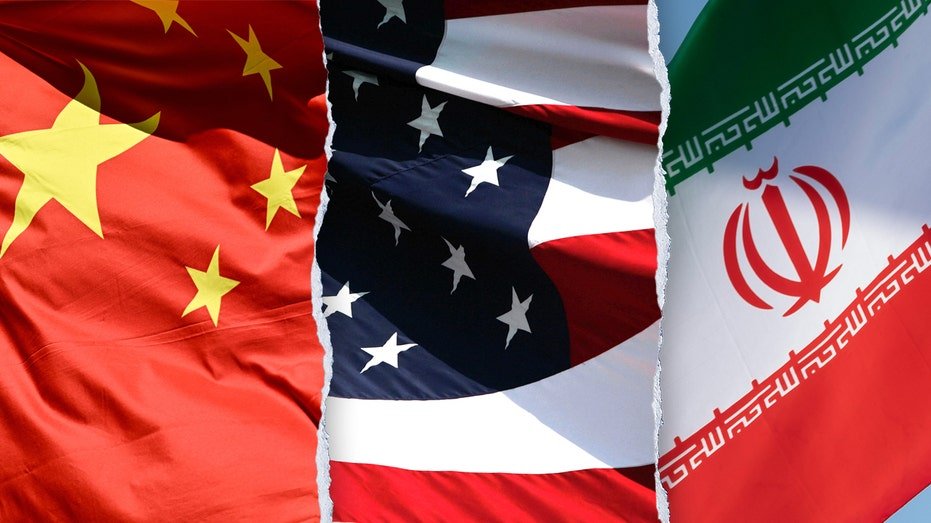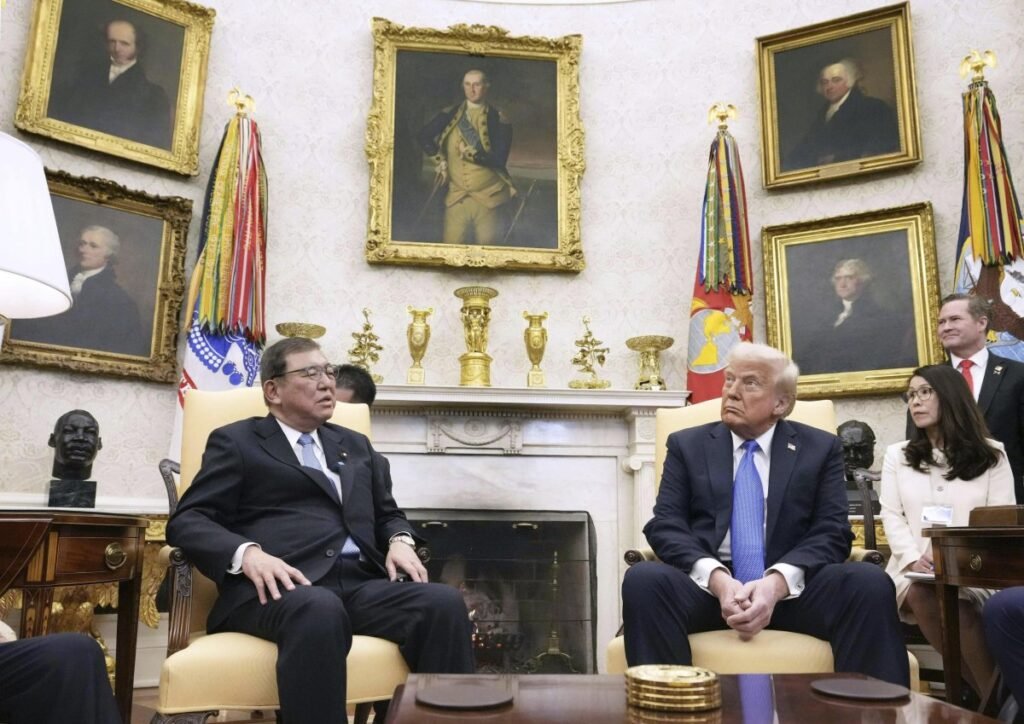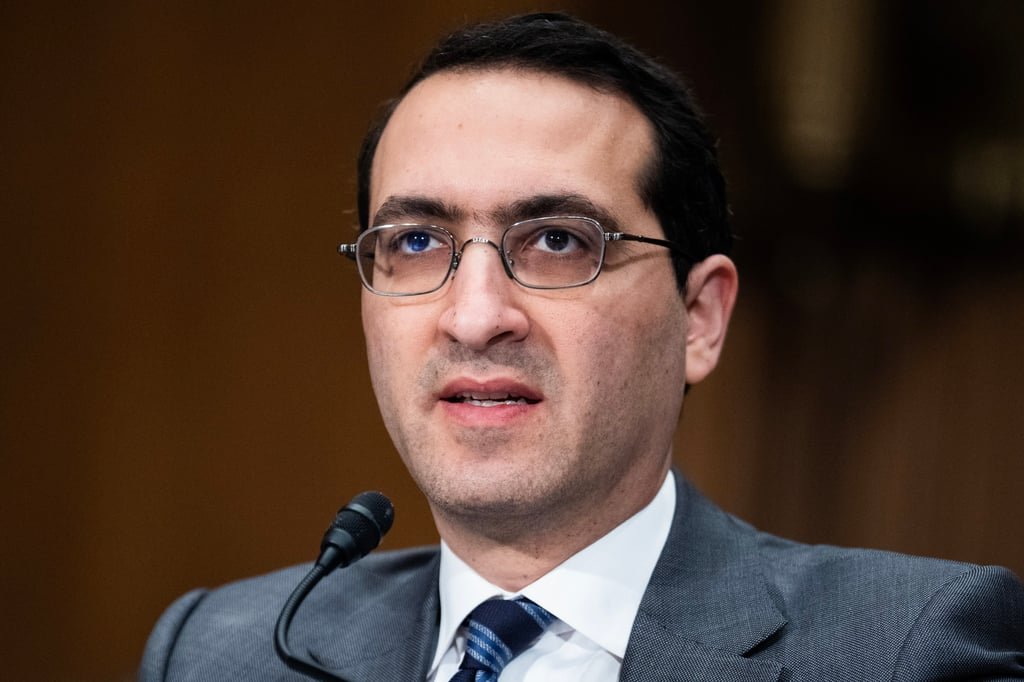China said it is “deeply worried” by Israel’s strikes on Iran and that it is willing to play a role in de-escalating the situation, which threatens to plunge the Middle East region into all-out war.
Why It Matters
Israel hit Iranian military and nuclear sites and killed a number of senior officials, including the commander-in-chief of its Islamic Revolutionary Guard Corps (IRGC), Hossein Salami.
Israel said the operation, called “Rising Lion,” is ongoing and could last days. Israel said the strikes were pre-emptive and to prevent a planned Iranian attack, and also to stop Tehran from developing a nuclear bomb.
What To Know
In response to Israel’s attack, Lin Jian, Chinese foreign ministry spokesman, said, according to state media, that “China is highly concerned about Israel’s attacks on Iran and deeply worried about the potential serious consequences of these actions.”
Lin also said Beijing, which has been developing closer ties with Tehran, including a 25-year cooperation agreement, “opposes any violation of Iran’s sovereignty, security, and territorial integrity, and opposes actions that escalate tensions and expand the conflict.”
“The renewed sharp escalation of the regional situation is not in the interest of any party,” he continued.
“China urges all relevant parties to do more to promote regional peace and stability and to avoid further escalation of tensions. China is willing to play a constructive role in helping to de-escalate the situation.”

First-responders gather outside a building that was hit by an Israeli strike in Tehran on June 13.
MEGHDAD MADADI/TASNIM NEWS/AFP via Getty Images
Israel Hit Iranian Nuclear Sites
Israeli leaders said the attack was aimed at preventing Iran from acquiring a nuclear bomb as the country enriches uranium, a short, technical step away from weapons-grade levels.
Iran has long said its program is peaceful and U.S. intelligence agencies have assessed Iran was not actively building a weapon.
In a video announcing the military operation, Israeli Prime Minister Benjamin Netanyahu said the strikes hit Iran’s main enrichment site, the Natanz atomic facility, and targeted Iran’s leading nuclear scientists.
He said Israel had also targeted Iran’s ballistic missile arsenal. The Israel Defense Forces (IDF) said the air force had taken out radar and surface-to-air missile systems.
Iranian state television and the semi-official Fars news agency carried news of Israel striking Iran’s nuclear enrichment site in Natanz and reported damage. State TV also reported attacks in Shiraz and Tabriz.
Reports of explosions in Iran have continued since the initial wave of strikes.
Iranian Retaliation Begins
In retaliation, Iran launched over 100 drones toward Israel, but its leaders warned a much more significant response is coming, characterizing the Israeli strikes as a “declaration of war.”
Israel’s military said its air defenses had shot down most of the drones and told civilians they could leave shelters for the time being.
But the military said the threat was not yet over and urged caution. It closed Israeli airspace and said it was calling up tens of thousands of soldiers to protect the country’s borders.
Iran’s President Masoud Pezeshkian says his nation would “strongly take action” against Israel after its attacks on the country.
Meanwhile, President Donald Trump urged Iran to reach a deal with the U.S. on its nuclear program, warning that Israel’s attacks “will only get worse.” He previously said the U.S. had not been involved in the attack.
This article uses reporting by The Associated Press.







